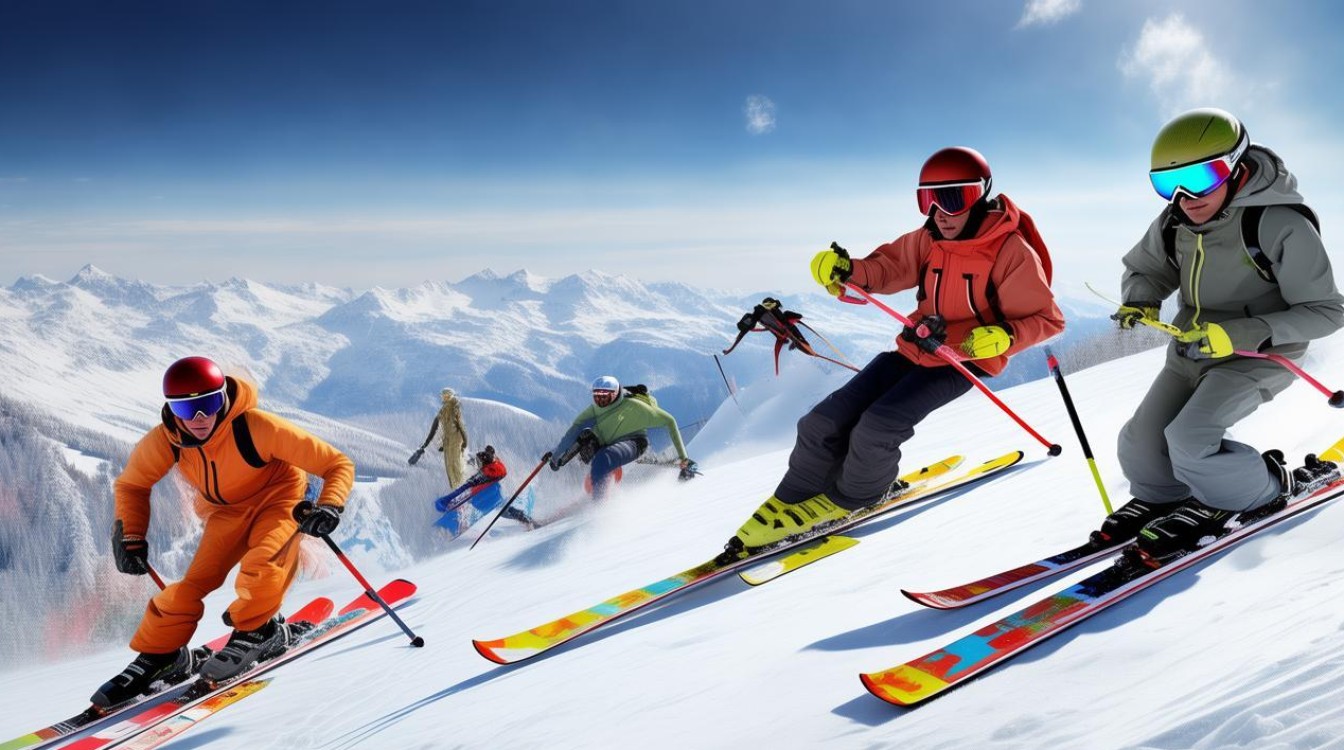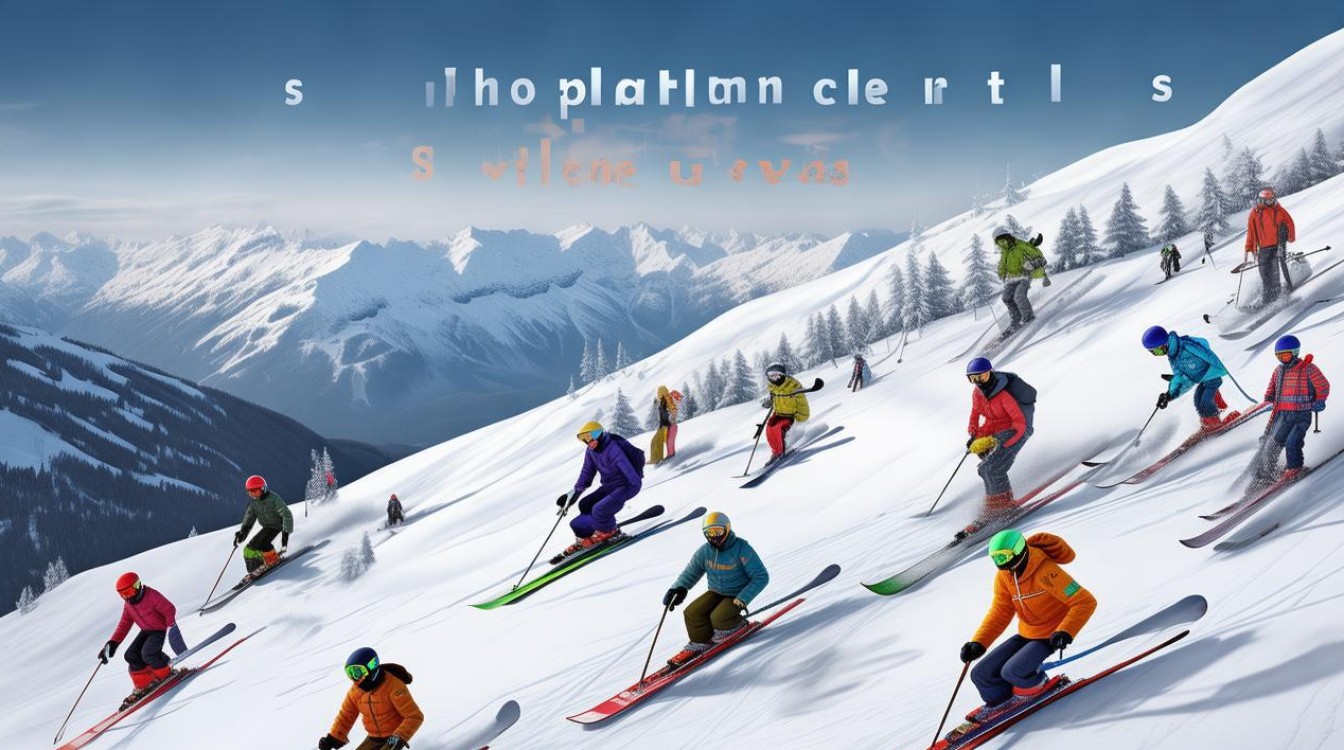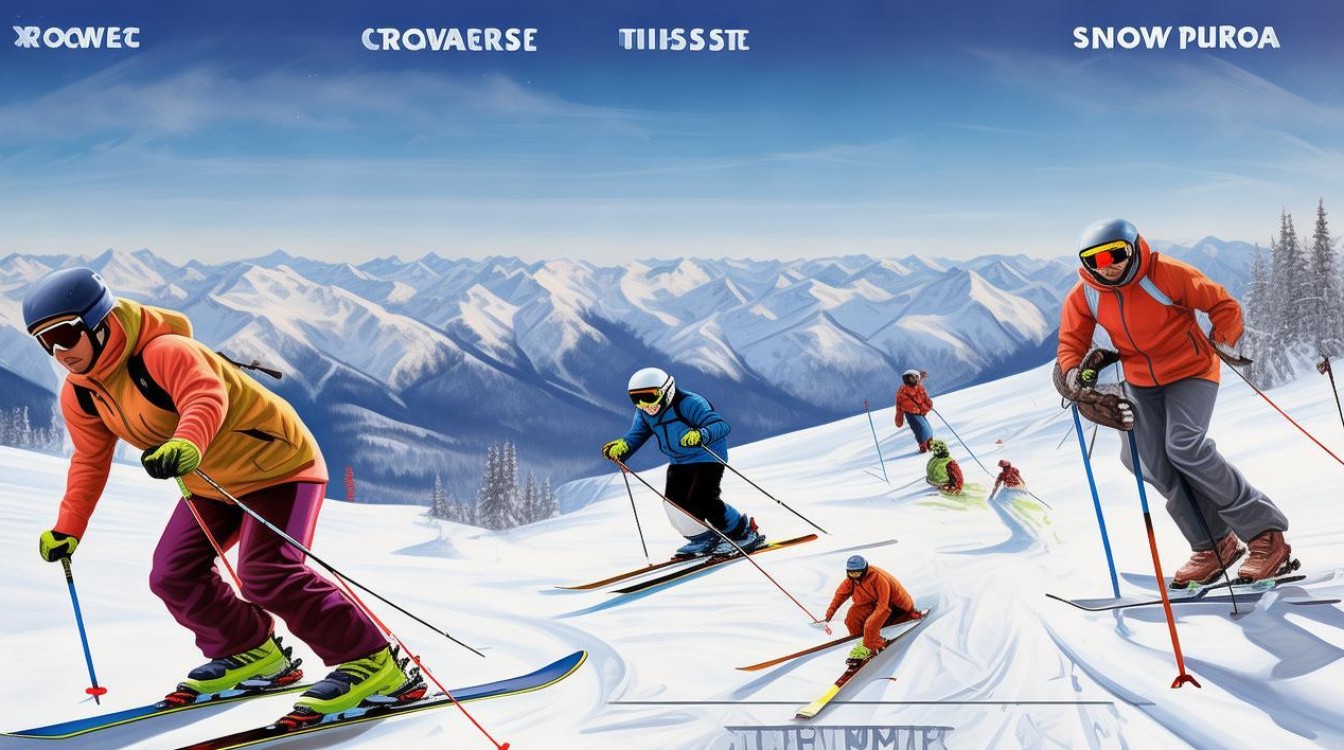If you’re planning a winter getaway or just curious about winter sports, knowing how to talk about skiing in English is useful. The word "skiing" itself comes from the Old Norse word "skíð," meaning a split piece of wood. Today, it refers to the sport of gliding over snow on long, narrow runners attached to boots.

Basic Skiing Terms You Should Know
- Ski – The equipment used for skiing, typically made of fiberglass or carbon fiber.
- Ski Boots – Specialized footwear designed to attach securely to skis.
- Bindings – The mechanisms that connect ski boots to skis.
- Poles – Used for balance and propulsion while skiing.
- Goggles – Protective eyewear to shield eyes from snow, wind, and UV rays.
- Helmet – Essential for safety, reducing the risk of head injuries.
Types of Skiing
Different skiing styles have unique names in English:
- Alpine Skiing (Downhill Skiing) – The most common form, involving descending snow-covered slopes.
- Cross-Country Skiing (Nordic Skiing) – Skiing across flat or gently rolling terrain, often in trails.
- Freestyle Skiing – Includes jumps, tricks, and terrain park features.
- Backcountry Skiing – Skiing in unmarked, natural areas outside resorts.
- Ski Jumping – A competitive sport where skiers launch off large ramps.
Essential Phrases for Skiers
If you’re at a ski resort, these phrases will help:
- "Where are the beginner slopes?" – For those new to skiing.
- "How do I get on the chairlift?" – A common question for first-timers.
- "I need a ski instructor." – Useful if you want lessons.
- "What’s the snow condition today?" – Helps you prepare for icy or powdery slopes.
Common Ski Resort Terminology
Understanding resort signage and announcements is key:

- Green Circle – Easy, beginner-friendly slopes.
- Blue Square – Intermediate-level runs.
- Black Diamond – Advanced, steep, or challenging terrain.
- Double Black Diamond – Expert-only, extremely difficult slopes.
- Gondola – An enclosed lift that carries skiers up the mountain.
- T-Bar – A surface lift where skiers hold onto a moving bar.
Safety Terms Every Skier Should Know
Skiing is thrilling but requires caution. Familiarize yourself with these safety-related words:
- Avalanche – A sudden, dangerous snowslide.
- Hypothermia – A medical emergency caused by extreme cold.
- Frostbite – Skin damage from freezing temperatures.
- Ski Patrol – The team responsible for safety and rescue on the slopes.
Fun Skiing Slang
Ski culture has its own informal vocabulary:
- "Powder Day" – A day with fresh, untouched snow.
- "Gaper" – A beginner who stands out due to awkward movements.
- "Bombing" – Skiing very fast down a slope.
- "Après-Ski" – Socializing after skiing, often involving drinks.
How to Improve Your Skiing Vocabulary
If you want to become fluent in skiing terms, try these methods:

- Watch skiing competitions with English commentary.
- Follow ski-related social media accounts.
- Read ski magazines or blogs in English.
- Practice speaking with fellow skiers at resorts.
Skiing is more than just a sport—it’s a lifestyle. Whether you’re hitting the slopes for the first time or you’re an experienced skier, mastering the language of skiing enhances the experience. The next time you’re on the mountain, you’ll be able to chat confidently about conditions, gear, and techniques.
The joy of skiing comes from the rush of gliding down a mountain, the crisp winter air, and the camaraderie among skiers. Knowing the right words in English makes it even better.



